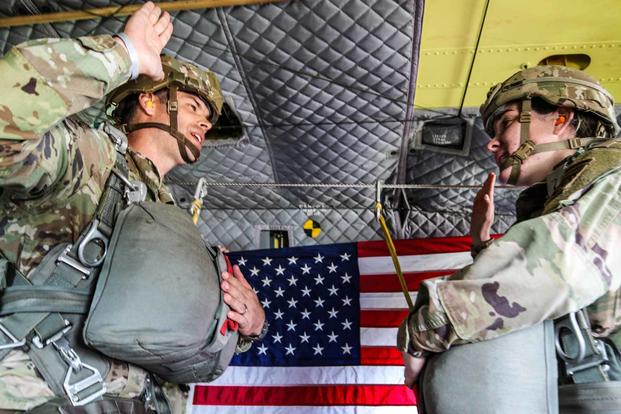Recruits in 2023 aren't being beasted on their basic training in Canada.
Some things that are happening though are:
1. An over abundance of people claiming mental health issues joining the CAF. [1]
2. People passing basic, then requiring accomodations and MELs shortly after for mental health issues.
3. People who fail portions of basic training (gas hut, ranges, field time) still passing.
Beasting people on basic training is dumb.
When we don't make recruits tired, uncomfortable, stressed, cold, hungry, sore, hurting during their basic training we suffer for it afterwards.
Sometimes resiliency training isn't closing your eyes and doing box breathing or picturing 5 things you can see and 4 things you can smell etc..
Sometimes resiliency training IS getting woken up at 4am to do PT in the rain, missing a meal, and not getting to call home for a week.
[1]according to autobiographies, medical staff, and comments people make about themselves on social media and forums.


